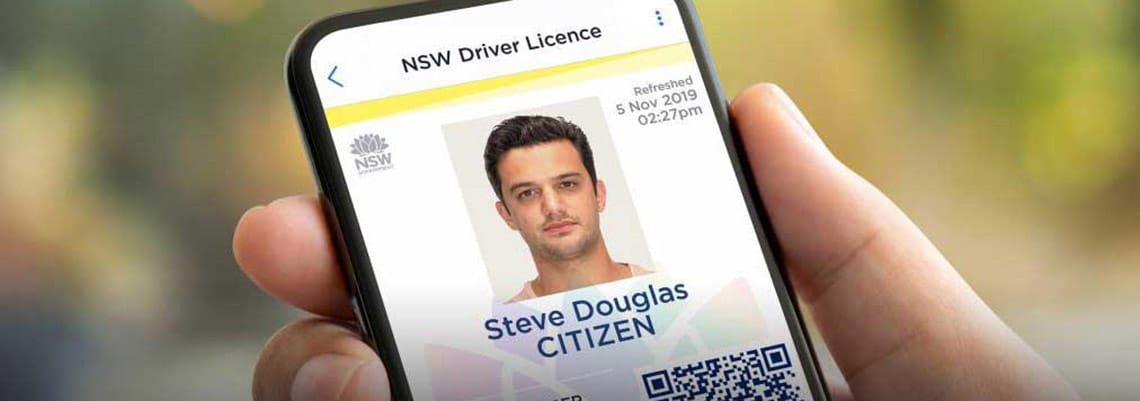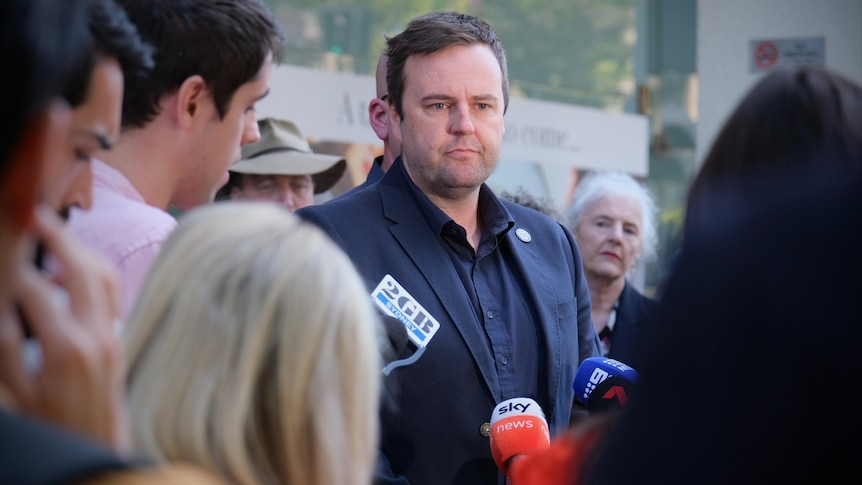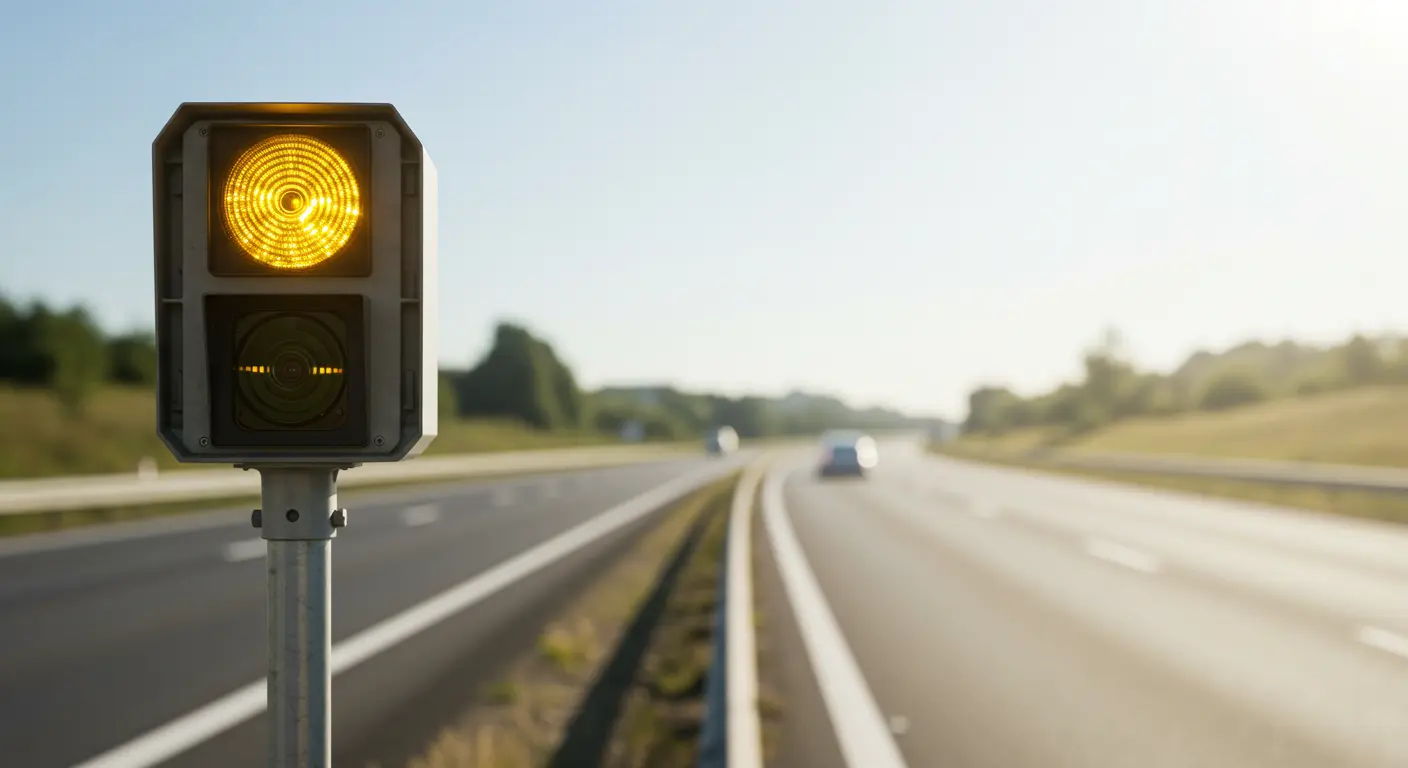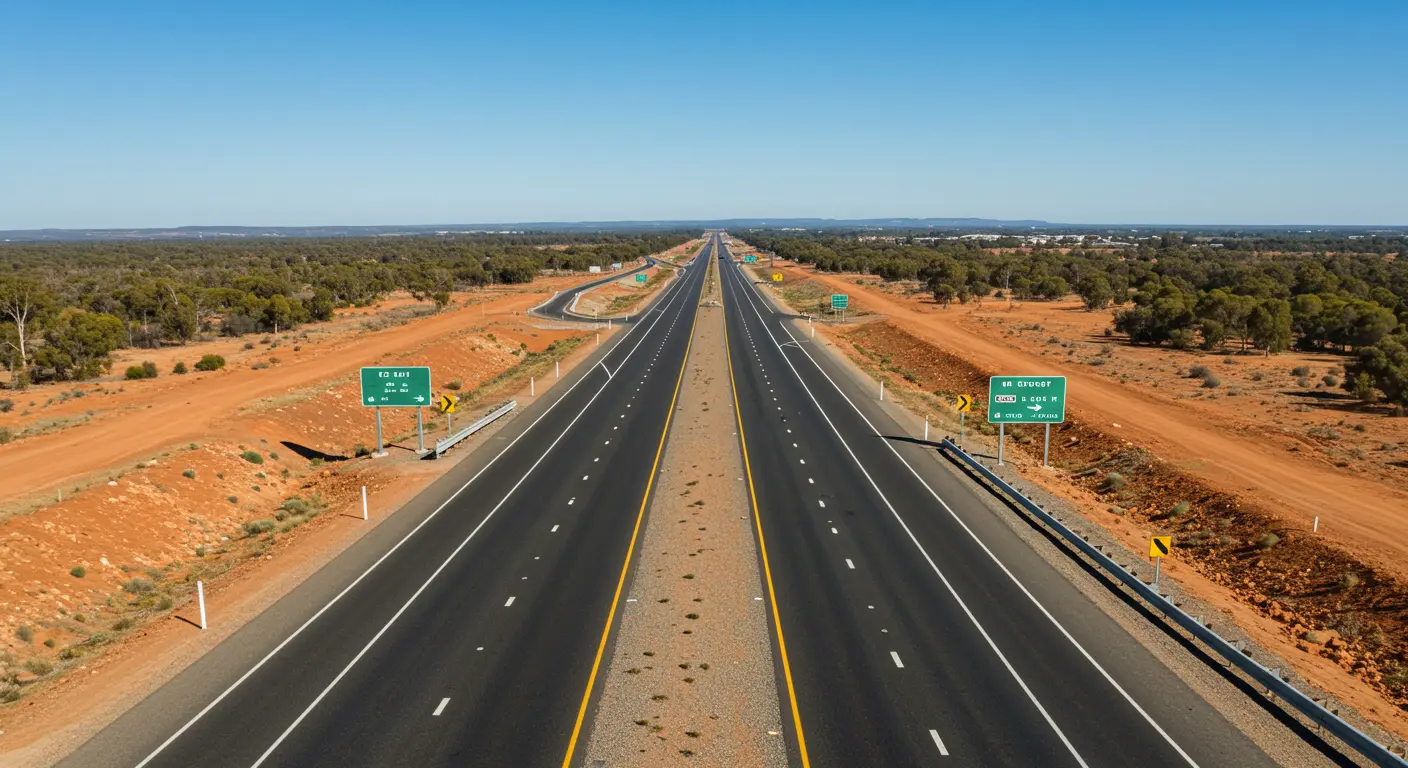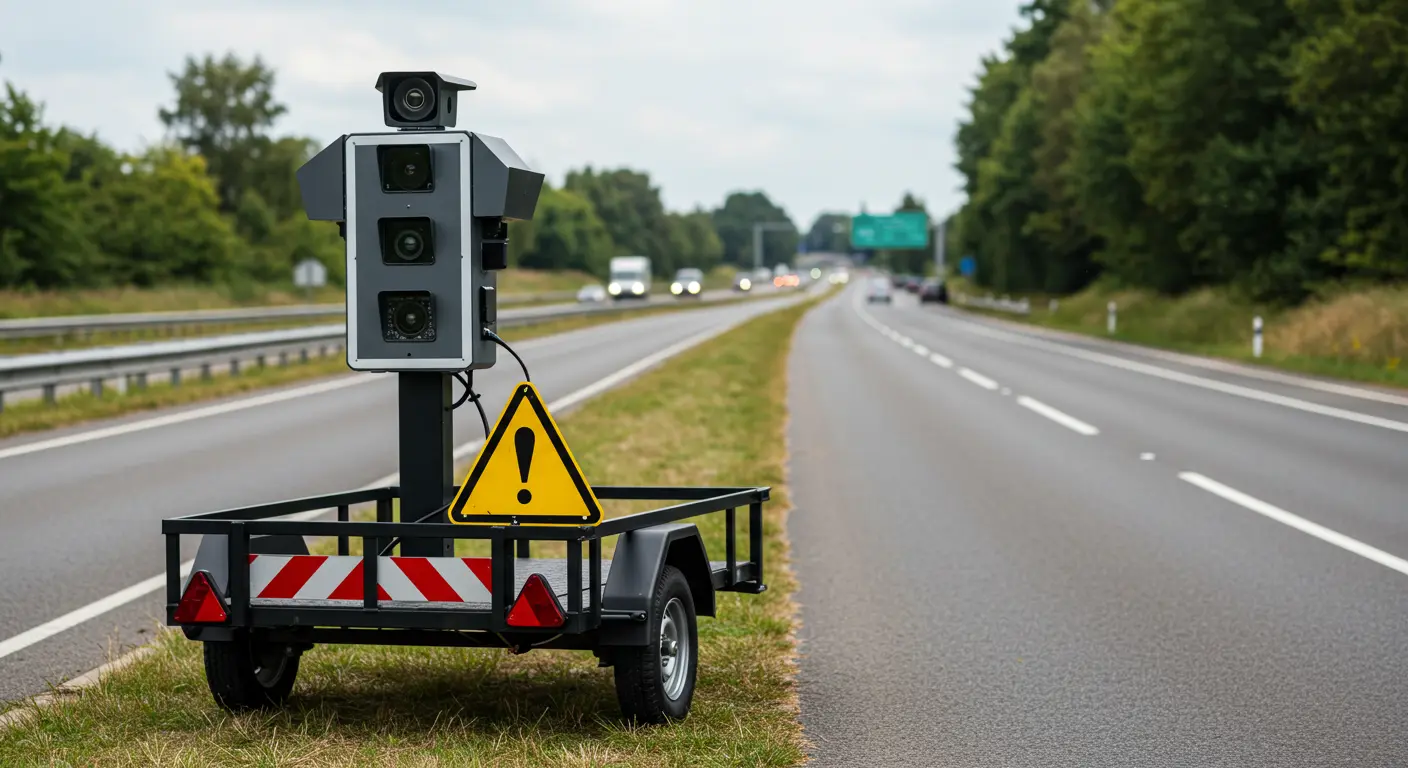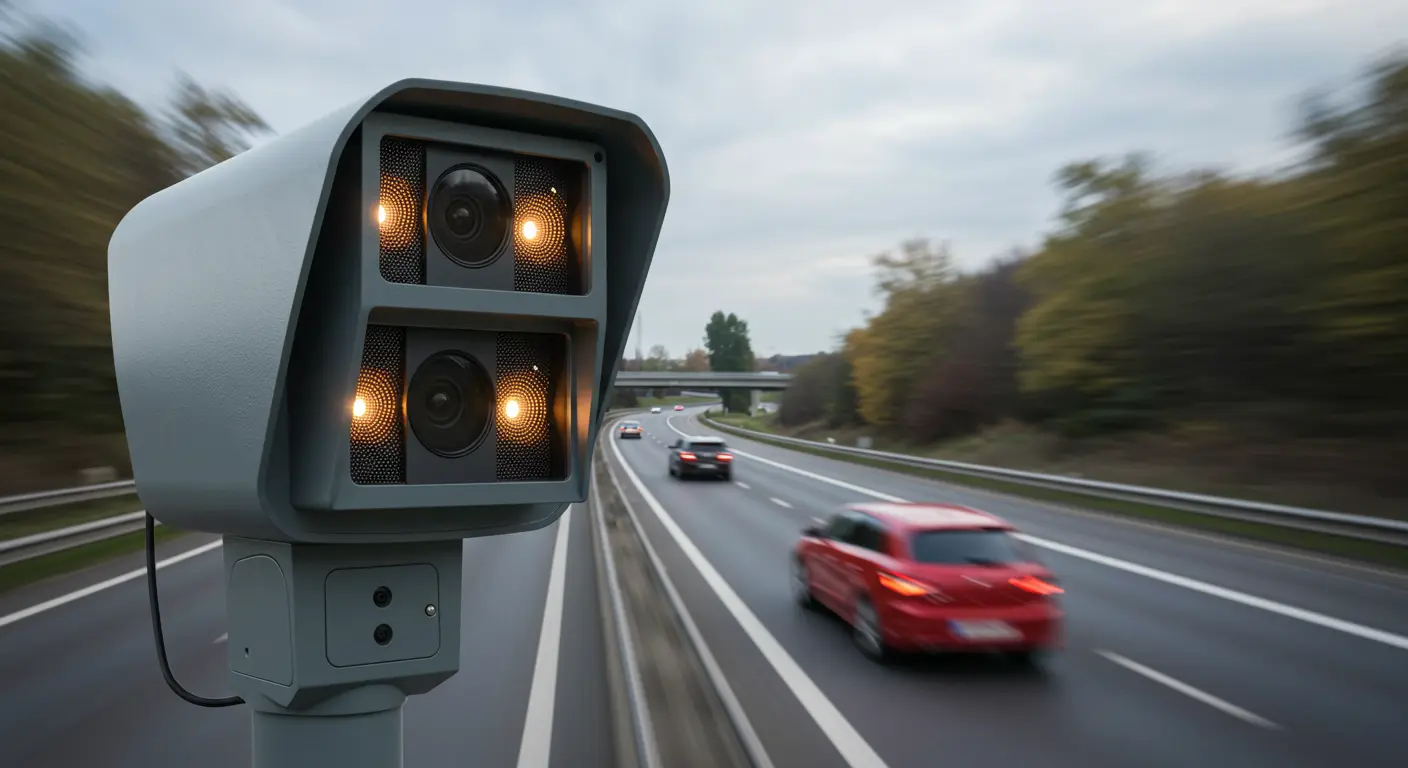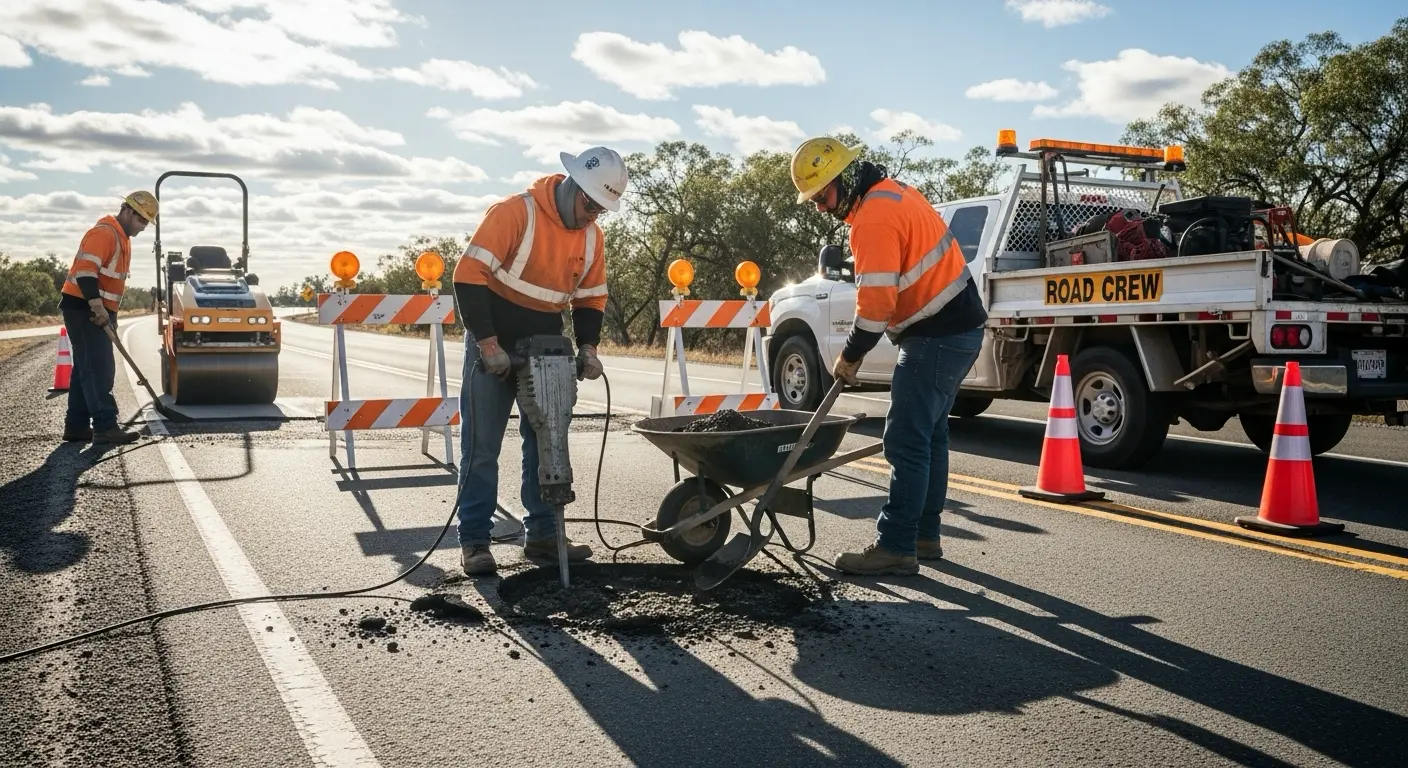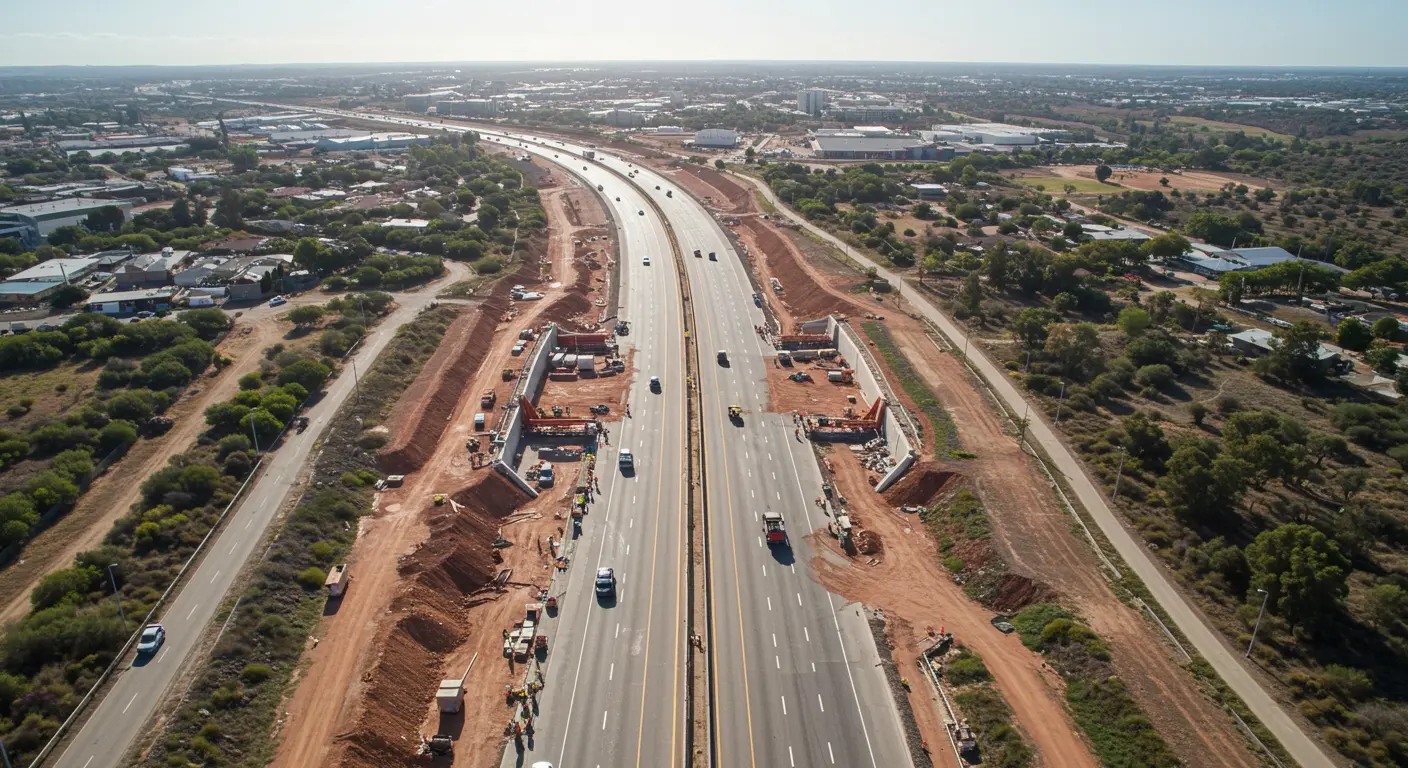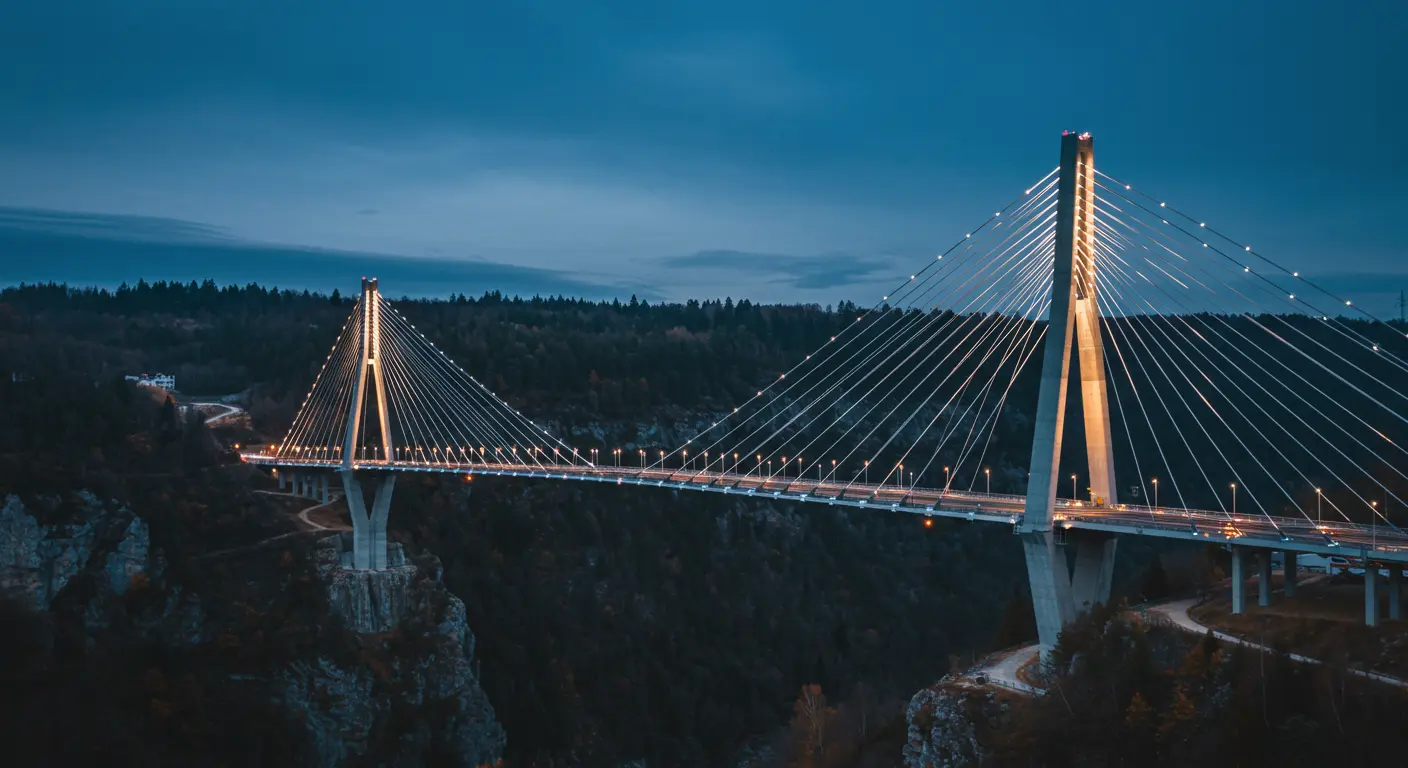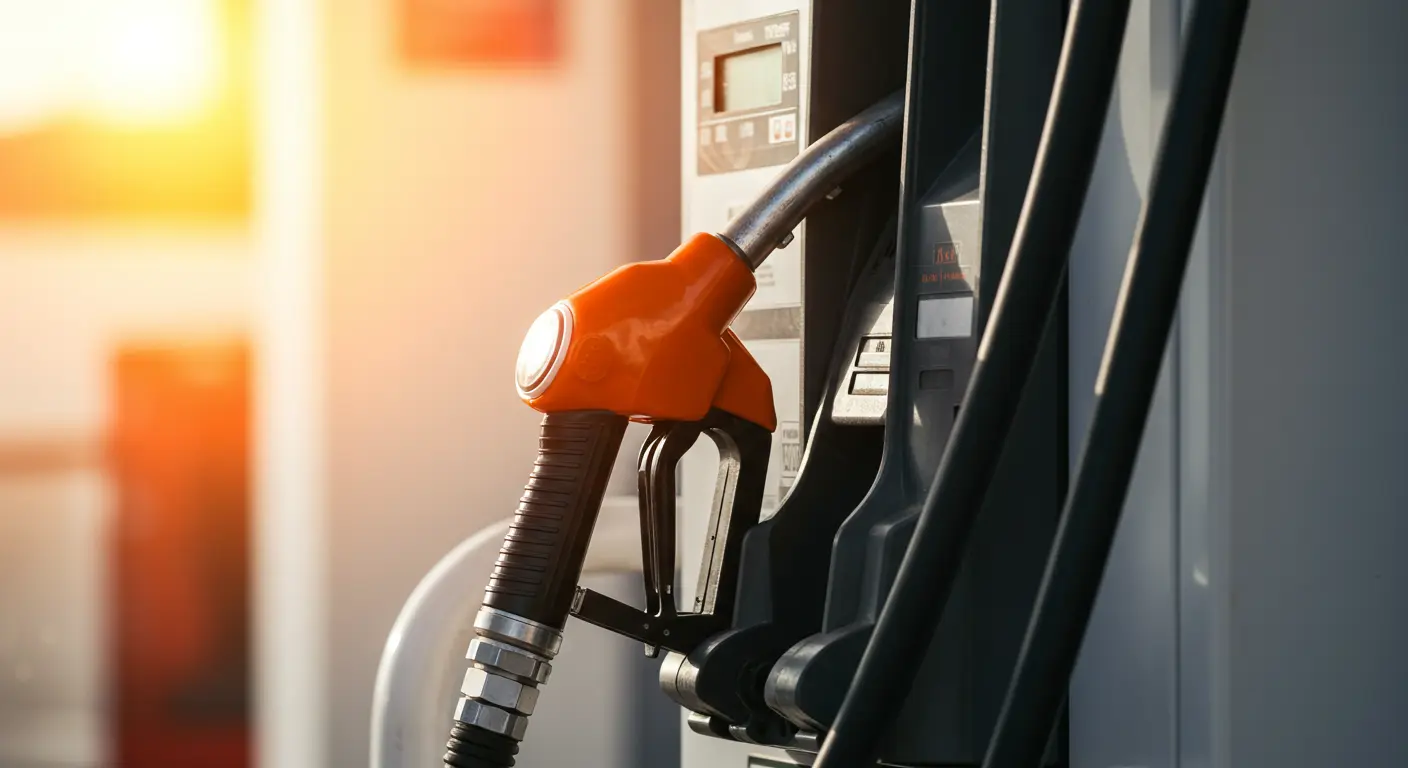The annual Sydney New Year’s Eve fireworks draw millions to the city, but this year, the celebration nearly faced derailment—literally.
While a resolution between the New South Wales government and rail unions has ensured trains will run, the controversy raises questions about how industrial action can disrupt major events.
Industrial Action Threatens NYE Celebrations
In a tense lead-up to New Year’s Eve, rail unions and the NSW government reached an agreement that narrowly avoided disruptions to train services.
Union demands—ranging from worker safety to wage negotiations—had previously raised the specter of widespread chaos during one of Australia’s most iconic events.
“We’ve received assurances there will be no industrial action over the holiday period,” said NSW Transport Minister Jo Haylen, reassuring the public during a press conference.
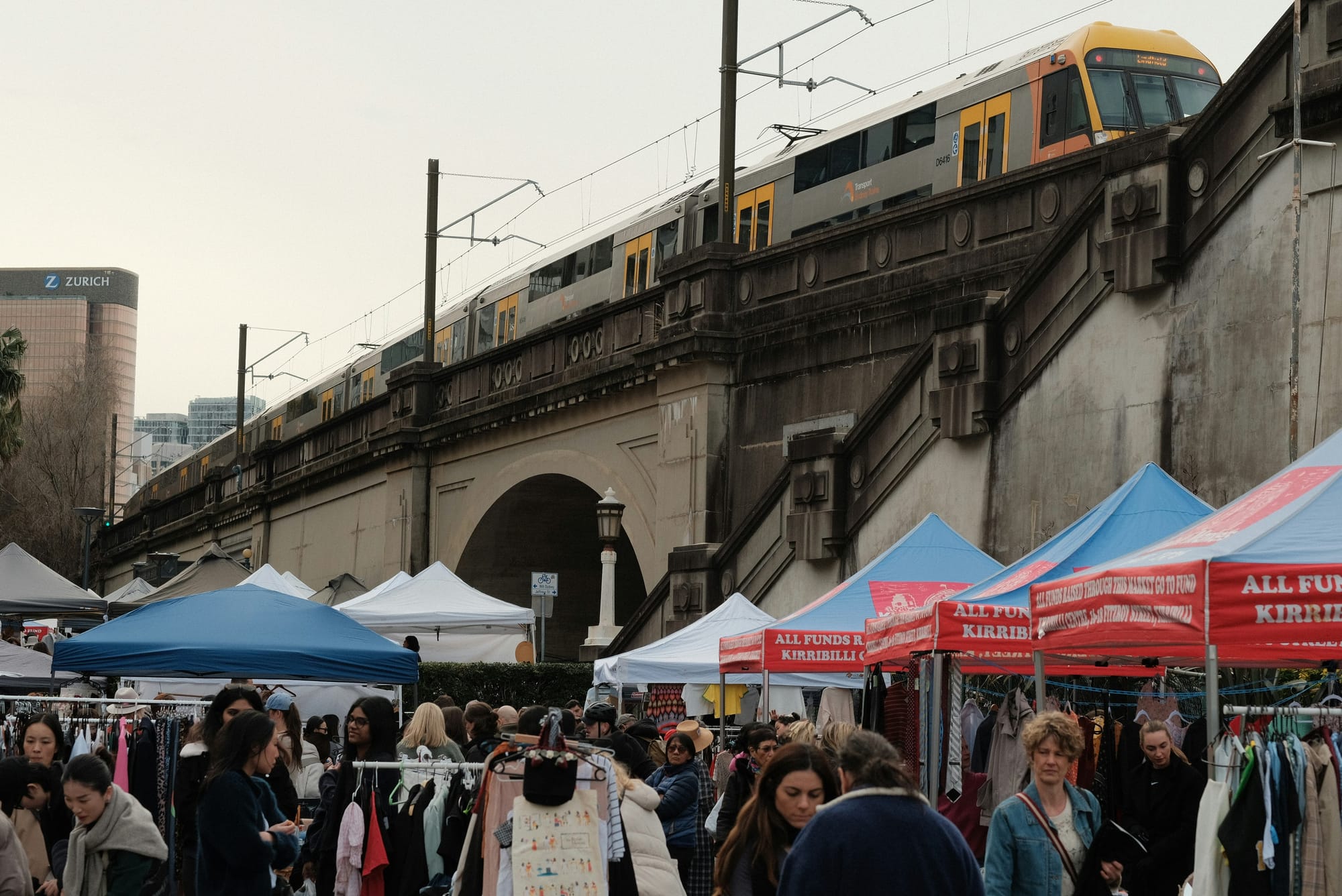
Transport Disruptions and Public Impact
Train strikes have become a recurring issue across Sydney’s transport network, often resulting in delays and confusion for commuters.
With millions depending on public transport to attend the New Year’s Eve fireworks, the potential for mass disruption loomed large.
Rail union secretary Toby Warnes said their goal was never to interfere with the event:
“We don’t anticipate disruptions on New Year’s Eve, and we’ve taken steps to ensure services run as planned.”
The Automotive Angle: Would Car Use Surge?
With rail disruptions averted, the focus shifts to how such scenarios could influence car use in future events. Industrial action often forces commuters to rely on private vehicles, clogging roads and increasing emissions.
If rail unions hadn’t resolved their disputes, Sydney could have seen:
- Major congestion: Overflowing car parks and gridlocked streets.
- Ride-share demand spikes: Higher surge pricing for services like Uber.
- Increased carbon footprint: As public transport users turn to cars, emissions could rise significantly.
Events like this highlight the need for sustainable transport alternatives during periods of industrial unrest.
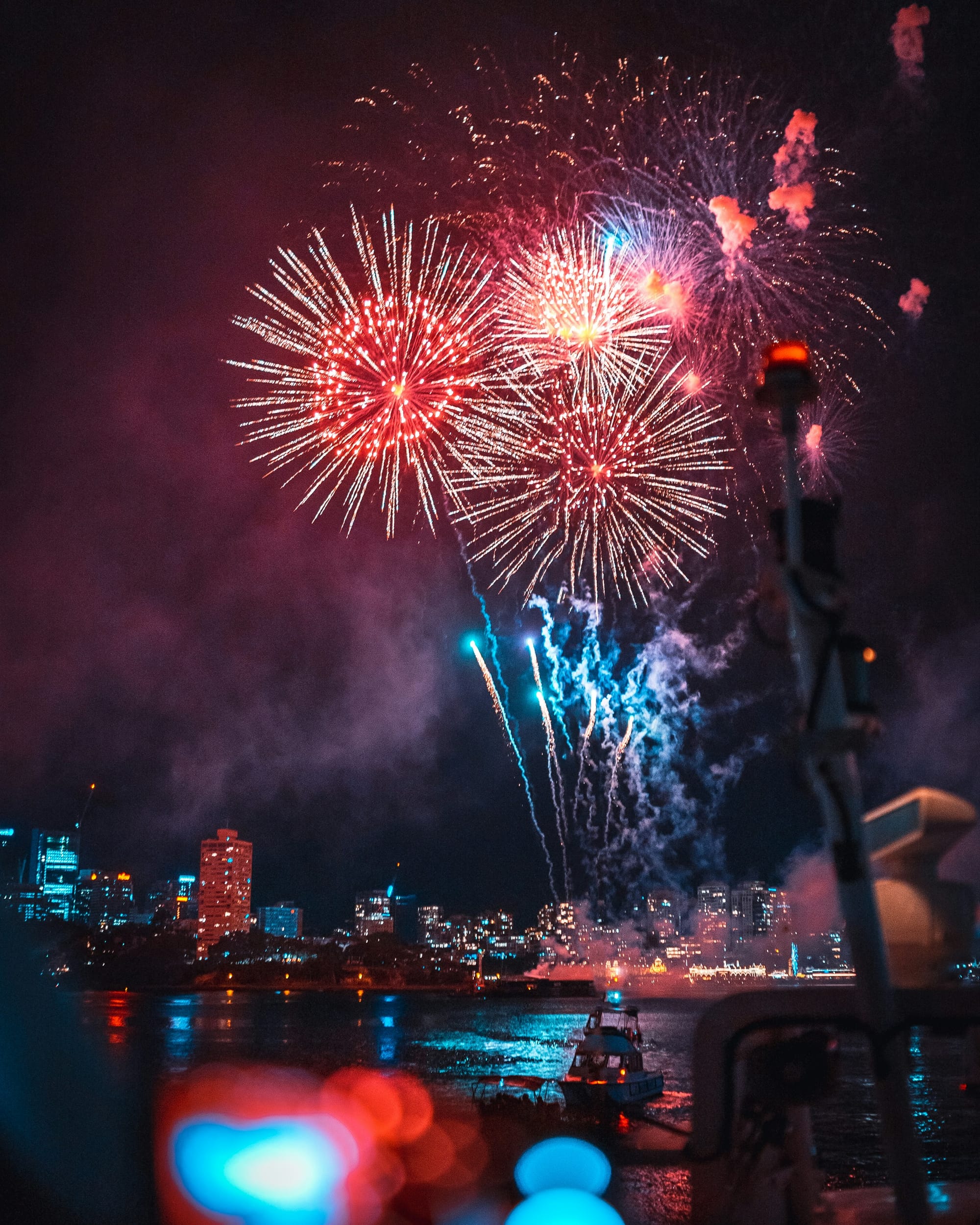
NYE Saved, But For How Long?
Opposition Leader Mark Speakman called the resolution a temporary fix:
“This is just kicking the can down the road. Australia Day could be next.”
The NSW government and unions must still negotiate unresolved issues, including safety concerns and pay equity. Without long-term solutions, future celebrations—such as Australia Day—could also face disruption.
The Bigger Picture: Can Cities Handle Transport Strikes?
As urban populations grow, reliance on public transport intensifies. Cities like Sydney must address the broader implications of labor disputes, especially during high-profile events. Could autonomous vehicle fleets or expanded rideshare options offer a safety net for future disruptions?
While this year’s fireworks will light up Sydney’s skies, the undercurrent of industrial action serves as a stark reminder of the fragility of transport systems—and the need for proactive planning.
See Also
